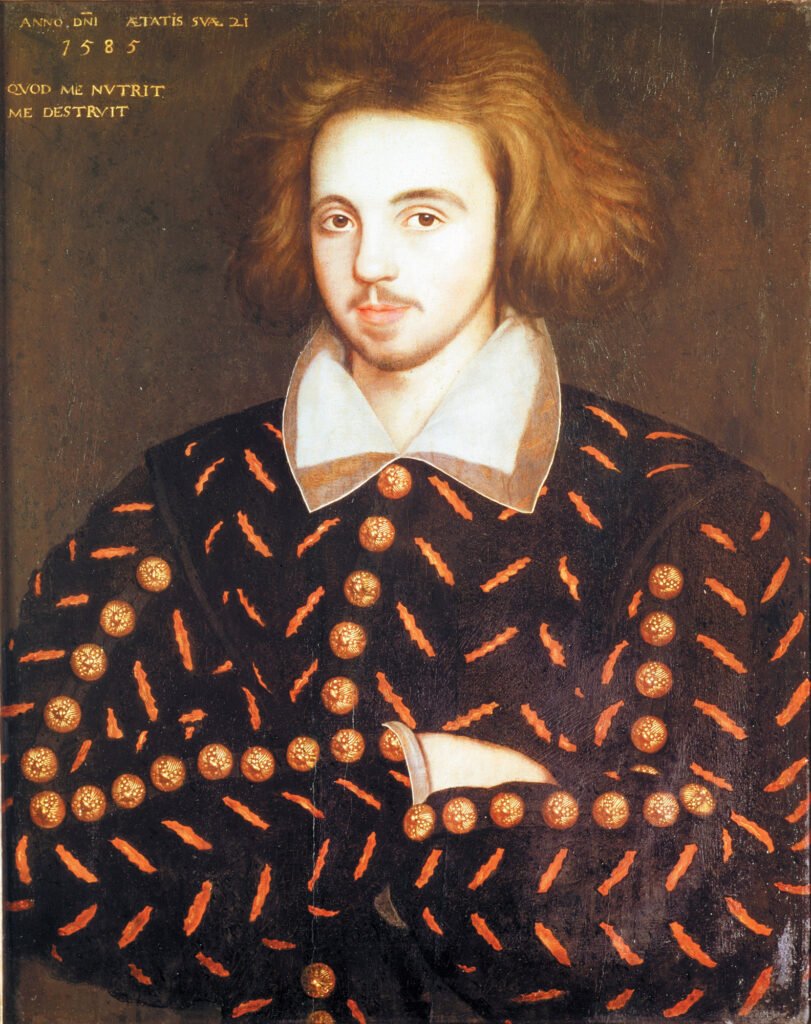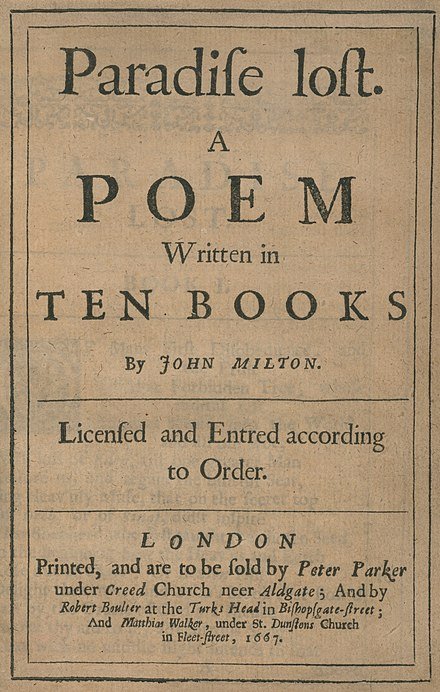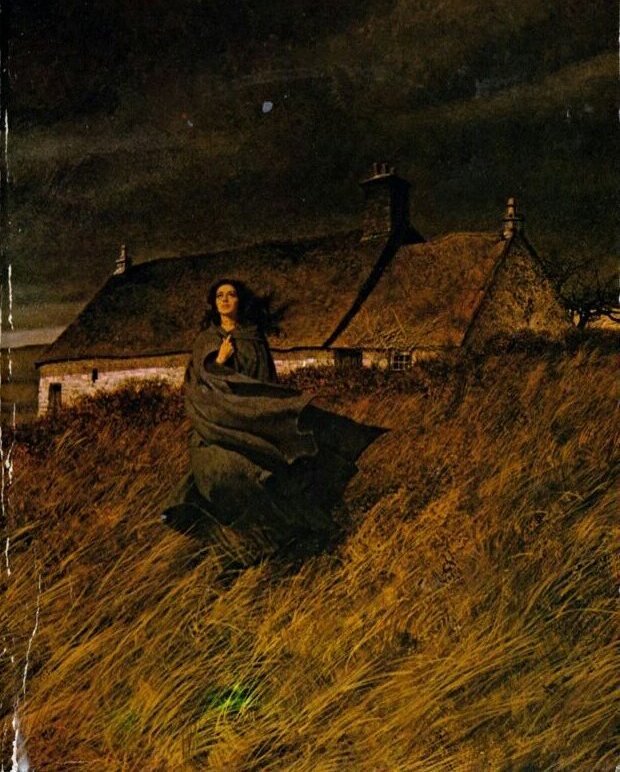The Enigmatic Christopher Marlowe: Biography and Contributions to Elizabethan Drama

The Early Years of Christopher Marlowe a Literary Genius:
Christopher Marlowe, an iconic figure in Elizabethan literature, was born in 1564 in Canterbury, England. Despite humble beginnings as the son of a shoemaker, Marlowe’s exceptional intellect shone through from a young age. He earned a scholarship to attend King’s School and later pursued higher education at Cambridge University. It was during his time at university that Marlowe’s literary talents began to blossom, setting the stage for his groundbreaking contributions to English drama.
Breaking Boundaries with Bold Plays:
Marlowe’s literary career took flight with the publication of his first play, Tamburlaine the Great, in 1587. This play was revolutionary for its time, featuring a protagonist of epic proportions and challenging traditional notions of heroism. Marlowe’s bold use of language and exploration of profound themes captivated audiences, establishing him as a leading figure in Elizabethan drama. Following the success of Tamburlaine, Marlowe continued to push the boundaries of English theatre with works like Doctor Faustus and The Jew of Malta. These plays delved into complex themes of ambition, morality, and the human condition, showcasing Marlowe’s mastery of storytelling and his innovative approach to drama.
The Controversial Life of Christopher Marlowe:
Marlowe’s life was not without controversy. His outspoken views and rumoured involvement in espionage drew the attention of authorities, leading to suspicions of heresy and treason. In 1593, Marlowe was arrested for his alleged involvement in a counterfeiting scheme, adding a darker dimension to his already enigmatic persona. However, his life was tragically cut short later that year when he was fatally stabbed in a tavern brawl at the age of just 29. The circumstances surrounding his death remain shrouded in mystery, fueling speculation and intrigue among scholars and enthusiasts.
Enduring Influence on English Literature:
Despite his untimely demise, Marlowe’s legacy endures through his enduring contributions to English literature. His innovative use of blank verse, his exploration of complex characters, and his bold thematic choices paved the way for future playwrights, including William Shakespeare. Marlowe’s influence can be felt in some of Shakespeare’s most celebrated works, such as “Hamlet” and “Macbeth,” showcasing the lasting impact of his literary genius. Furthermore, Marlowe’s life and works continue to fascinate scholars and enthusiasts alike, inspiring countless theories and interpretations. From speculations about his possible involvement in espionage to debates about the true authorship of his plays, Marlowe’s legacy remains a subject of ongoing fascination and debate.
Celebrating a Literary Luminary
Christopher Marlowe’s life may have been brief, but his contributions to English literature are timeless. His groundbreaking works revolutionized Elizabethan drama, leaving an indelible mark on the literary landscape of his time and inspiring generations of writers to come. Though his life may be shrouded in mystery, his enduring brilliance and innovation continue to captivate audiences around the world, ensuring that his legacy as one of England’s greatest playwrights will endure for centuries to come.




